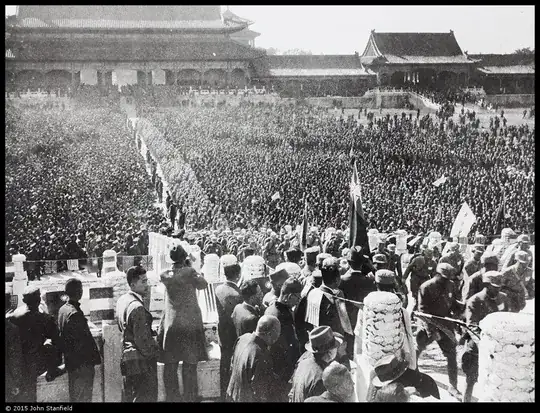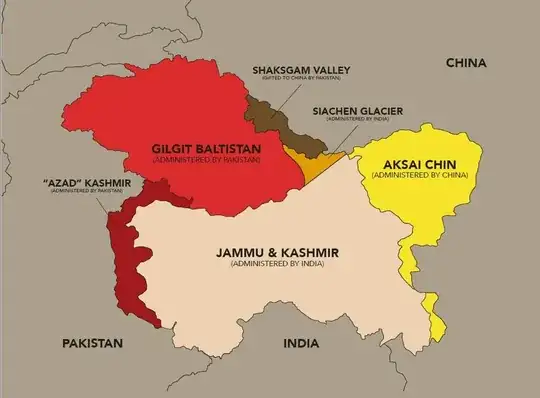In 1971 India invaded east Pakistan, which ended in the "public surrender" of the Pakistani military on the 16th of December, and modern day Bangladesh is the result. Many of the articles and videos that I've seen (particularly those written by the victors) repeat that this event was "the only public surrender in history".
Is the 1971-12-16 surrender by the Pakistani military the only public surrender in history?
I'm rather skeptical that no other military in history has demanded a surrender in front of the population. In fact, I'd expect that to be rather common over the past few thousand years, especially before mass communication. Or do I just have the wrong definition of what a public surrender is?
Here are some articles that claim it was the only public surrender:
- sify.com: What happened before Pakistan's public surrender to India
It is the only public surrender in known history.
- Dhaka Tribune: Revisiting history
On December 16, the bulk of the occupying Pakistani force surrendered at Ramna Racecourse which is dubbed by the experts concerned as the “first and perhaps only public surrender in modern military history.”
- rediff.com: How Pakistan surrendered in 1971
This surrender is unique, the only public surrender in history where a ceasefire was converted into surrender and signed in four hours.
It's commonly claimed to be the only public surrender in history, which is what this question is concerned with, but I've included the last two articles that provide a couple caveats ("modern military history", or "ceasefire converted into surrender").
What is a public surrender?
In response to comments asking what is meant by a "public surrender", I do not know what exactly the authors mean by "public surrender". However for context, the signing of the instrument of surrender occurred in front of a crowd at the Ramna Race Course garden in Dhaka, according to Wikipedia's article.

